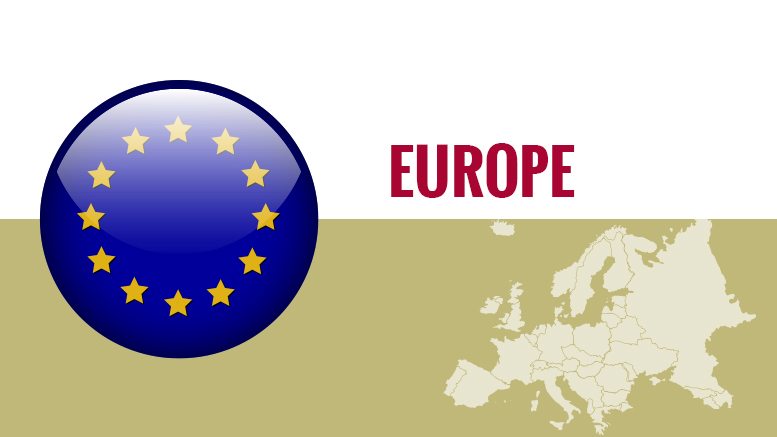Why European Supermarkets Love To Pack Produce
February 1, 2016 | 2 min to read
Engaging in spontaneous supermarket checks while traveling, the author contrasts the produce sections in the U.S. and Europe. Despite the prevalence of packaging for convenience, hygiene, and shelf life, European supermarkets are shifting towards eliminating plastic in favor of more sustainable materials. Although the author favors the U.S. approach, they recognize the logic behind European practices. Ultimately, there is a positive trend toward reducing plastic waste, enhancing the visual appeal of fresh produce.

Like many other produce professionals, I seem to be magically drawn into every supermarket I pass to conduct a quick produce store check. This is particularly the case when I am traveling, and as a consequence I have seen the best and the worst when it comes to positioning fresh fruits and vegetables.
One of things that I immediately notice is whether I am looking at a produce section filled with fresh, beautiful, colorful fruits and vegetables, or — as is unfortunately too often the case — a sea of plastic.
The differences between the U.S. and certain countries in Europe are huge. On your side of the Atlantic, the presentation is so beautiful that you could almost ask an entrance fee to the produce aisles. On “this side of the pond,” merchandising is a lot different, although we are seeing a strong movement away from plastic.
So why are we so addicted to packaging here in Europe? It’s all a state of mind.
Convenience – Supermarket produce category managers want to make the life of shoppers as easy as possible by prepackaging tomatoes, apples, peaches, peppers etc. A tray of apples means less juggling in the aisle.
Hygiene – The less number of hands that touch a product, the more hygienic it is. If a product is packed, you avoid other people’s microbes.
Shelf life – For certain fruits and vegetables, the natural (perceived) shelf life is longer when a product is packed. Foil-wrapped cucumbers are an often-cited example.
Standard Pricing – Packaged produce means standardization for example in the form of preprinted labels.
Communication – Supermarkets, farmers and wholesalers can use a packed product as a form of communication, a way of distinguishing oneself from the rest if you like.
Although I am a huge fan of the U.S. “don’t pack model,” I have to admit the above points sound quite logical to me. Nevertheless, as sensible as they may be, many European supermarket chains are radically changing their strategy in order to polish up their premium image and draw more consumers into their stores. On the one hand, we are seeing packaging being dropped completely. On the other hand, there is a move toward more sustainable forms of material including sugar cane and bio plastic.
Whatever the reason, from an organic perspective, we are delighted that the sea of plastic is slowly turning into an ocean of color, health and taste.
Michaël Wilde is the communications and sustainability manager at Eosta B.V., a Netherlands based international distributor of fresh organic fruits and vegetables. Eosta is not only known for its innovative Nature & More trace-and tell system but also for its effective campaigns. Currently, with 200 partners (including the FAO), the company is raising awareness about soil through the Save Our Soils campaign.
10 of 17 article in Produce Business February 2016

